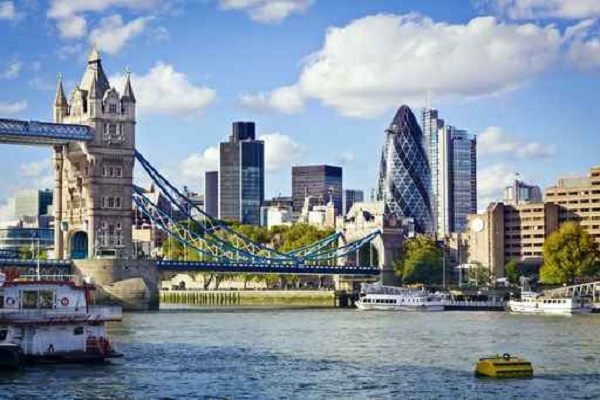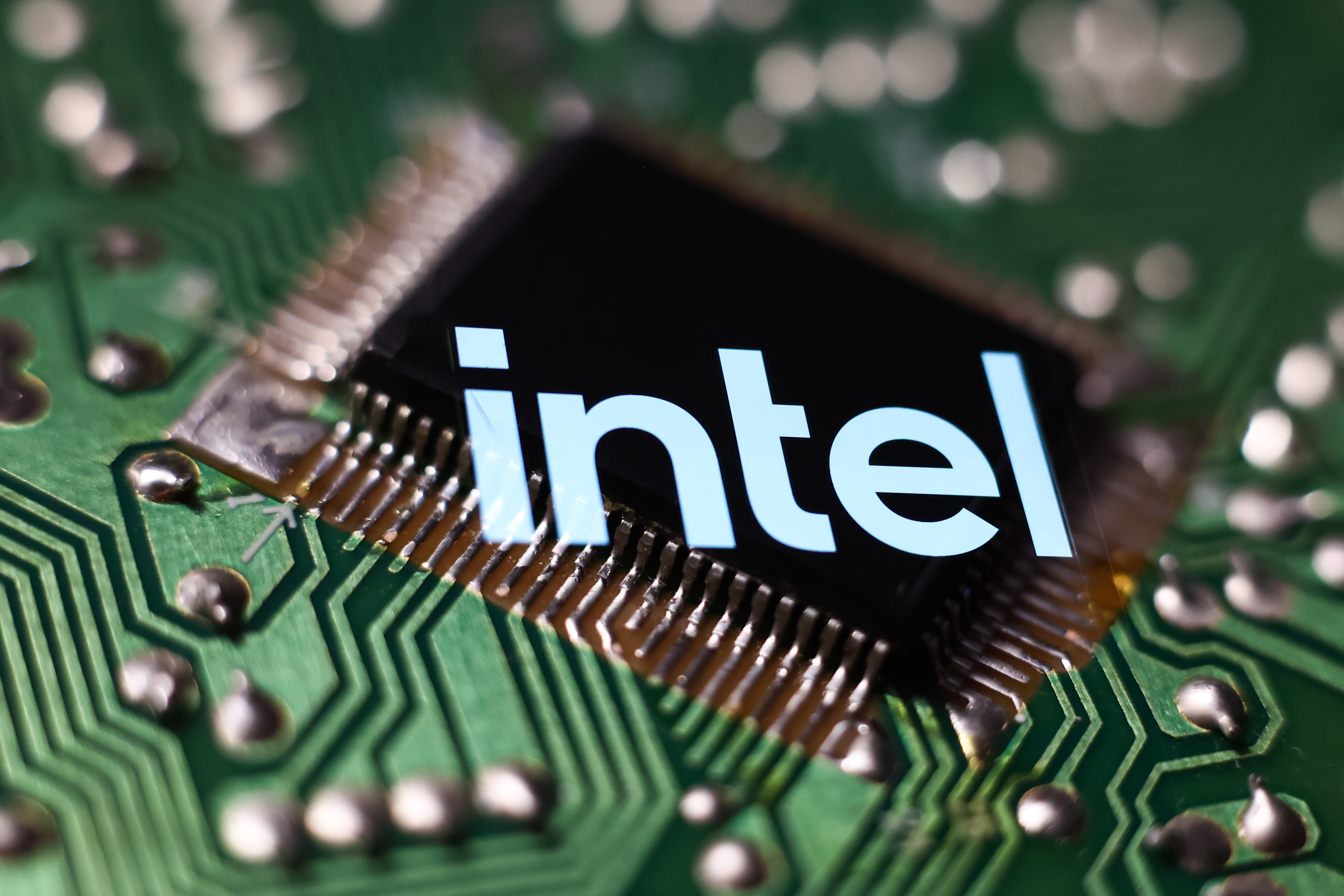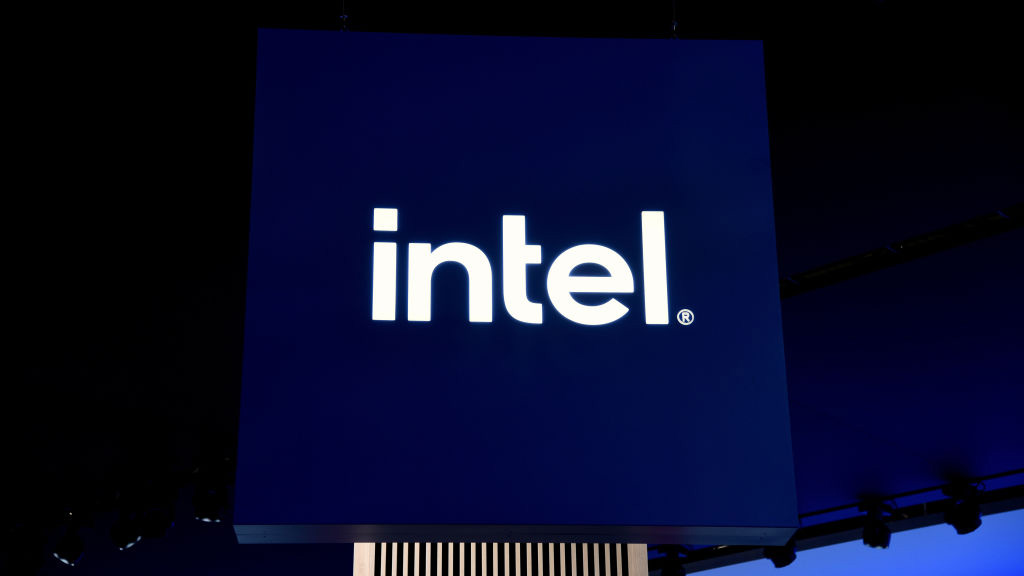Intel plots UK economic boost by turning London into a sustainable city
Firm announces partnership with top London universities to turn the capital into a hub of sustainable activity.

The formation of the research institute was welcomed by the Chancellor of the Exchequer George Osborne, who said this initiative will encourage technology firms to continue investing in the UK and make it a "world class research base".
"It is investments like this that will help us put the UK on the path we need to take to create new jobs, new growth and new prosperity in every corner of our country," the Chancellor said.
"The UK tech cluster in East London has grown from 200 companies back in 2010 to 700 today [including] Google, Amazon, Facebook, Cisco and of course Intel. What we need as part of that cluster is a world class research base and that is what we are talking about today."
The Chancellor did not go into specifics about have many jobs will be created by the scheme, but the ICRI will initially employee 12 researchers who will gather data from sensors embedded throughout London, starting with the Olympic Games this summer.
The real economic benefits of the institute are likely to be seen in the next five years, with the predictions from UCL suggesting this will help double the GDP of London over the next 20 years.
By creating a connected city, Intel hopes small businesses emerge to create patentable ideas and products to solve the challenges that are raised.
It remains to be seen what privacy concerns arise, but Intel is confident that citizens will be willing to hand over information to companies they trust.
Sign up today and you will receive a free copy of our Future Focus 2025 report - the leading guidance on AI, cybersecurity and other IT challenges as per 700+ senior executives
"We're all walking about with sensors [smartphones], we just need to connect them," Rattner added.
Additionally, Intel announced it will be extending its European R&D efforts with the launch of nine centres in UK. The R&D sites will be spread across the country, with confirmed locations including London, Brighton, Swindon and Aylesbury.
Researchers will focus on security and high performance computing.
Intel Labs Europe currently consists of over 40 labs and employs
3700 R&D professionals. It is unclear how many additional employees will be hired at this stage.
-
 Can enterprises transform through startup theory?
Can enterprises transform through startup theory?In-depth For big corporations, the flexibility, adaptability, and speed of a startup or scale-up is often the total opposite of what’s possible within their own operations
-
 AI is creating more software flaws – and they're getting worse
AI is creating more software flaws – and they're getting worseNews A CodeRabbit study compared pull requests with AI and without, finding AI is fast but highly error prone
-
 Gaining timely insights with AI inferencing at the edge
Gaining timely insights with AI inferencing at the edgeWhitepaper Business differentiation in an AI-everywhere era
-
 Scaling AI from pilot to production: Maximize AI impact with HPE & Intel
Scaling AI from pilot to production: Maximize AI impact with HPE & IntelWhitepaper Transform AI proof-of-concepts into full-scale implementations
-
 The CEO's guide to generative AI: How will you pay for it?
The CEO's guide to generative AI: How will you pay for it?Whitepaper Open the aperture to see the full picture of IT spend
-
 UK supercomputer boom as HPE and Dell receive funding for new AI cluster
UK supercomputer boom as HPE and Dell receive funding for new AI clusterNews The UK’s AI computing capabilities will increase by an order of magnitude in 2024
-
 AI gold rush continues as Hugging Face snags $235 million from IBM
AI gold rush continues as Hugging Face snags $235 million from IBMNews The investment round, which brings the company's valuation to $4.5 billion, also includes Amazon, Google, Intel, and Salesforce
-
 Why is ASUS reviving Intel’s NUC mini-PC line?
Why is ASUS reviving Intel’s NUC mini-PC line?News The diminutive PC is to rise again while analysts look for the business case
-
 Intel targets AI hardware dominance by 2025
Intel targets AI hardware dominance by 2025News The chip giant's diverse range of CPUs, GPUs, and AI accelerators complement its commitment to an open AI ecosystem
-
 Why aren’t factories as smart as they could be?
Why aren’t factories as smart as they could be?Whitepaper How edge computing accelerates the journey to a remarkable factory